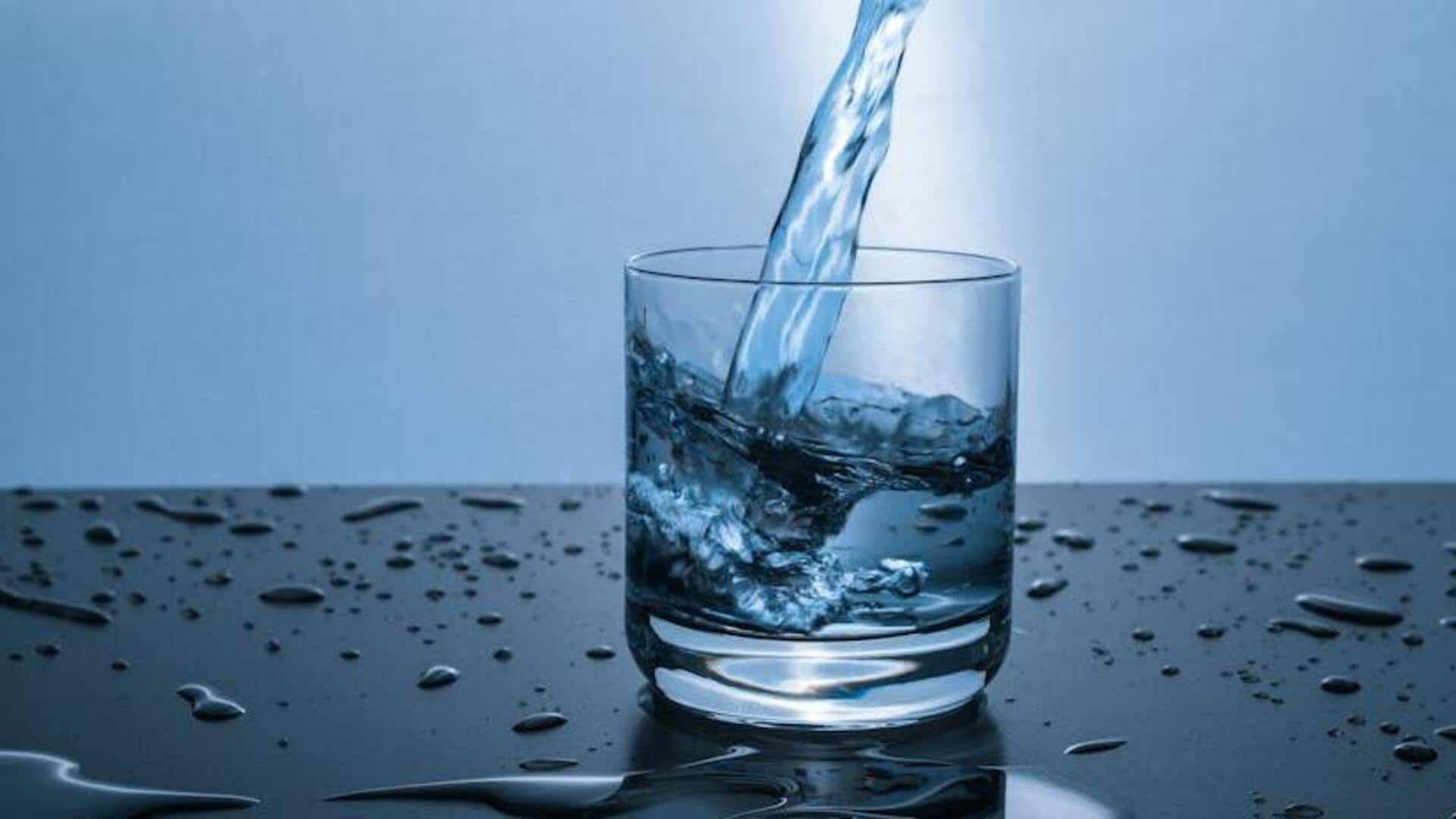
The eight-glass water myth unveiled
What's the story
Water is vital for life, but how much do we really need? The age-old advice to drink eight glasses of water a day has been ingrained in our minds for years, but it turns out it's not as black and white as it seems. Let's bust some myths and get to the bottom of how much water we actually need.
Myth 1
One size does not fit all
The notion that everyone requires precisely eight glasses of water a day is a bit reductive. In truth, our hydration needs are highly individual and depend on numerous factors, including age, weight, climate, and how active we are. Some people may need more, others less. The key is to pay attention to your body and drink when you're thirsty, not to adhere strictly to a specific number.
Myth 2
Food counts too
Another misconception is that only plain water counts towards your hydration. Many foods, particularly fruits and vegetables such as cucumbers and oranges, are high in water content and can make a significant contribution to your daily intake. Other beverages, including tea and juice, also count. So, if you are consuming a balanced diet, you may not require as much plain water as you assume.
Myth 3
Thirst isn't always late
By the time you feel thirsty, you're already dehydrated. Heard that one before? Well, it's not exactly true for most of us in everyday situations. Our bodies are pretty smart - thirst is our built-in alarm system for when we need more water. So, waiting until you're thirsty before grabbing a glass of water is usually a good game plan.
Myth 4
More water equals better health?
Drinking excess water doesn't improve health or detoxify your body more effectively. While hydration is crucial for kidney function and regulating body temperature, going overboard doesn't necessarily optimize these processes. Every body is different, so it's best to listen to yours and consider all sources of hydration, instead of adhering strictly to the eight-glasses-a-day guideline.